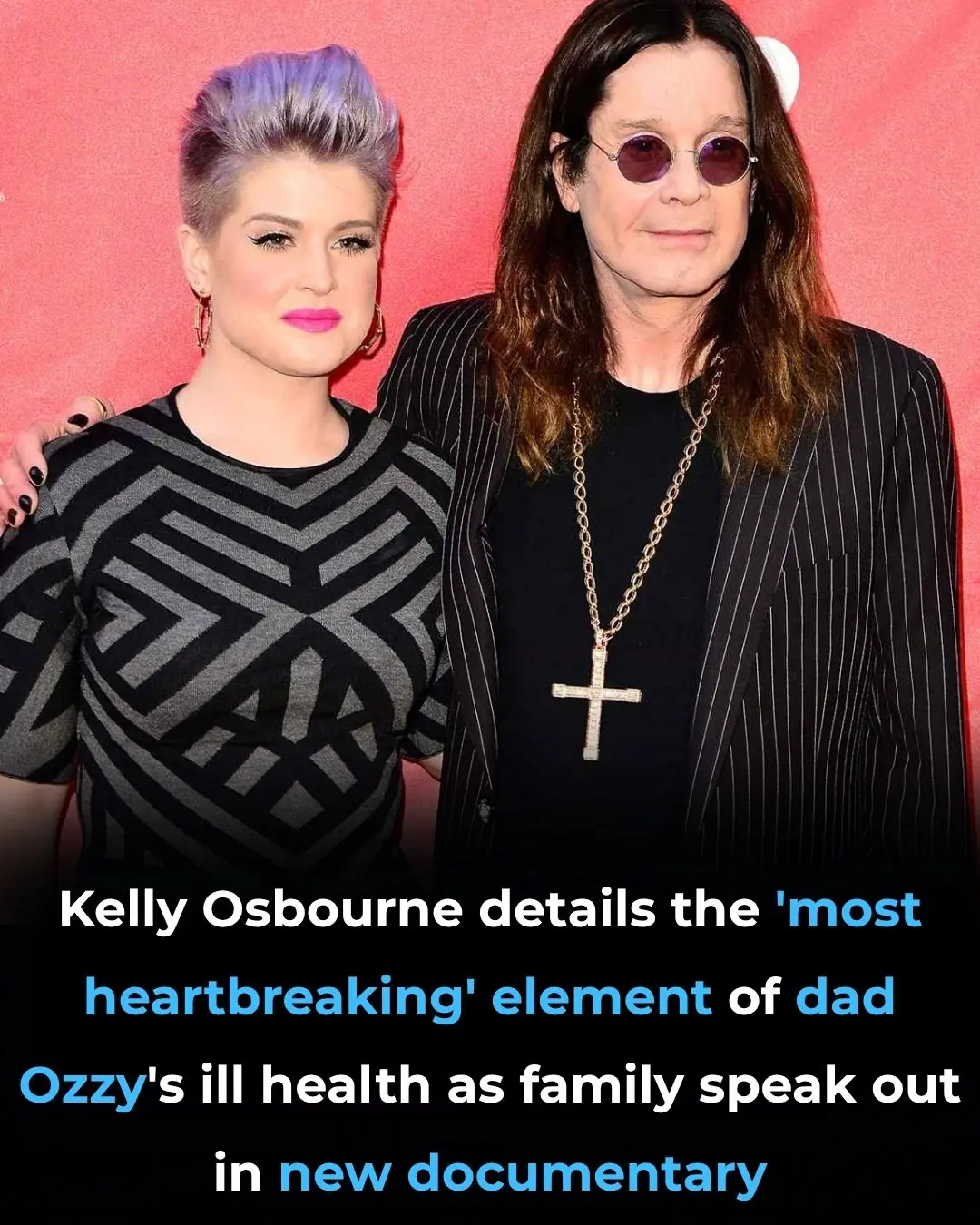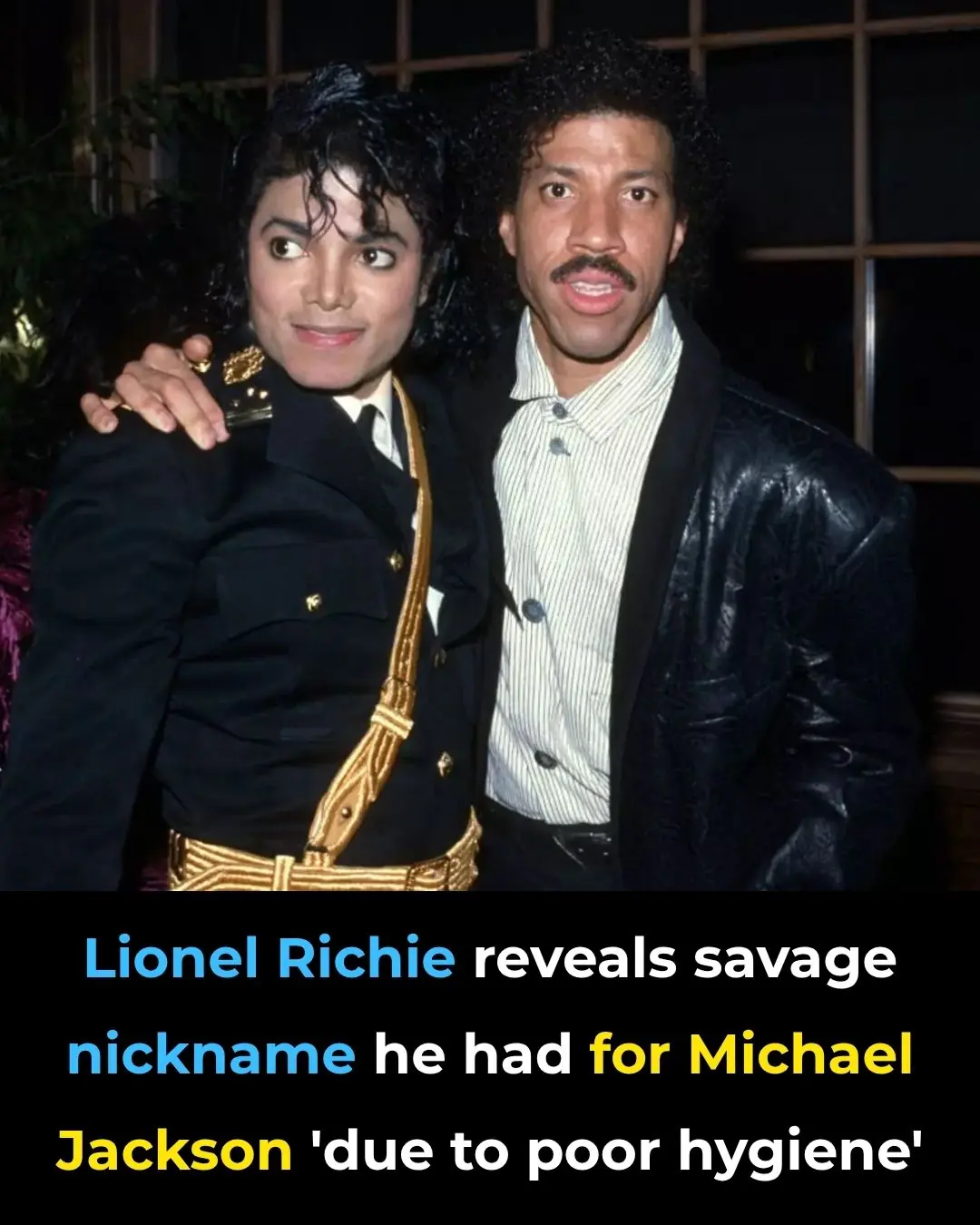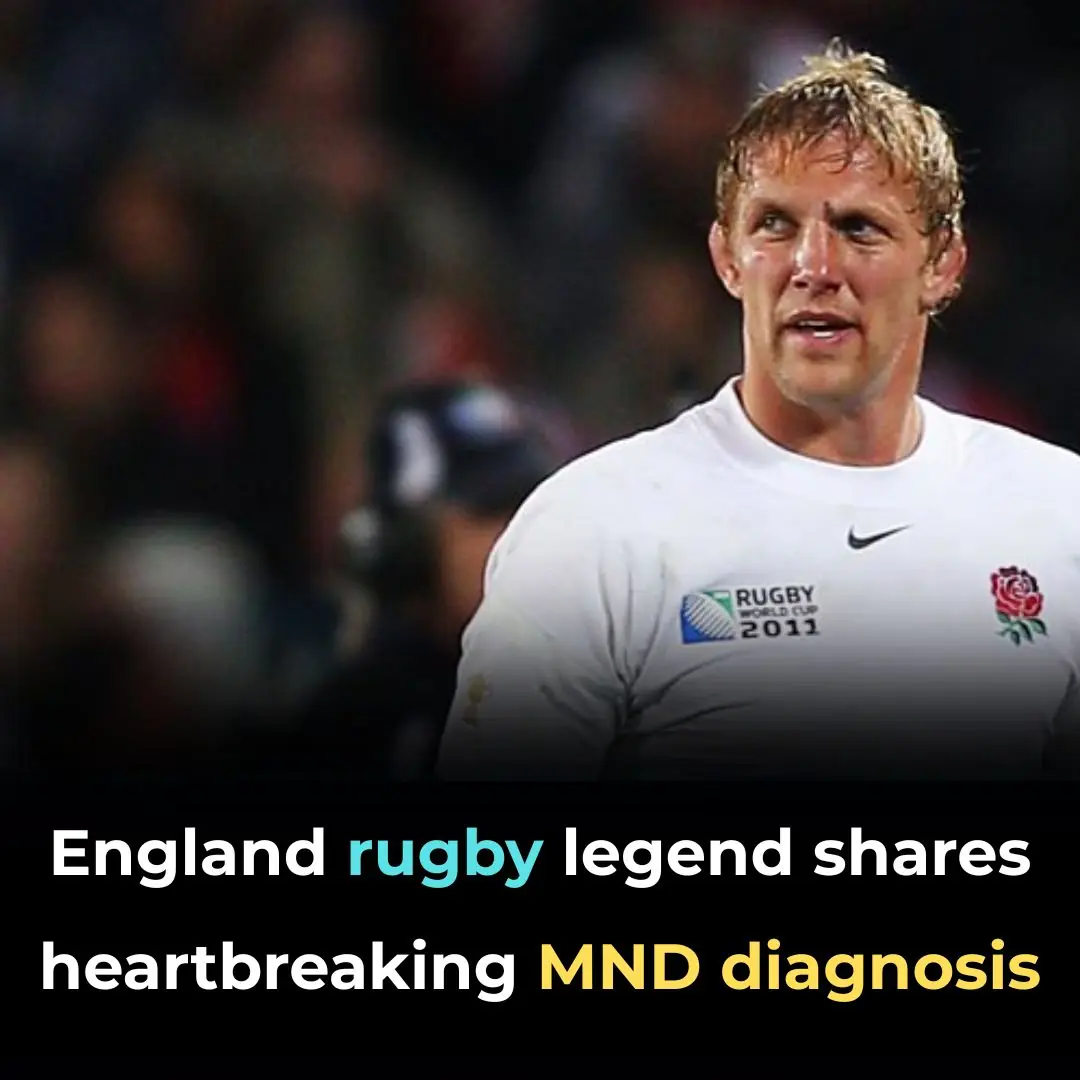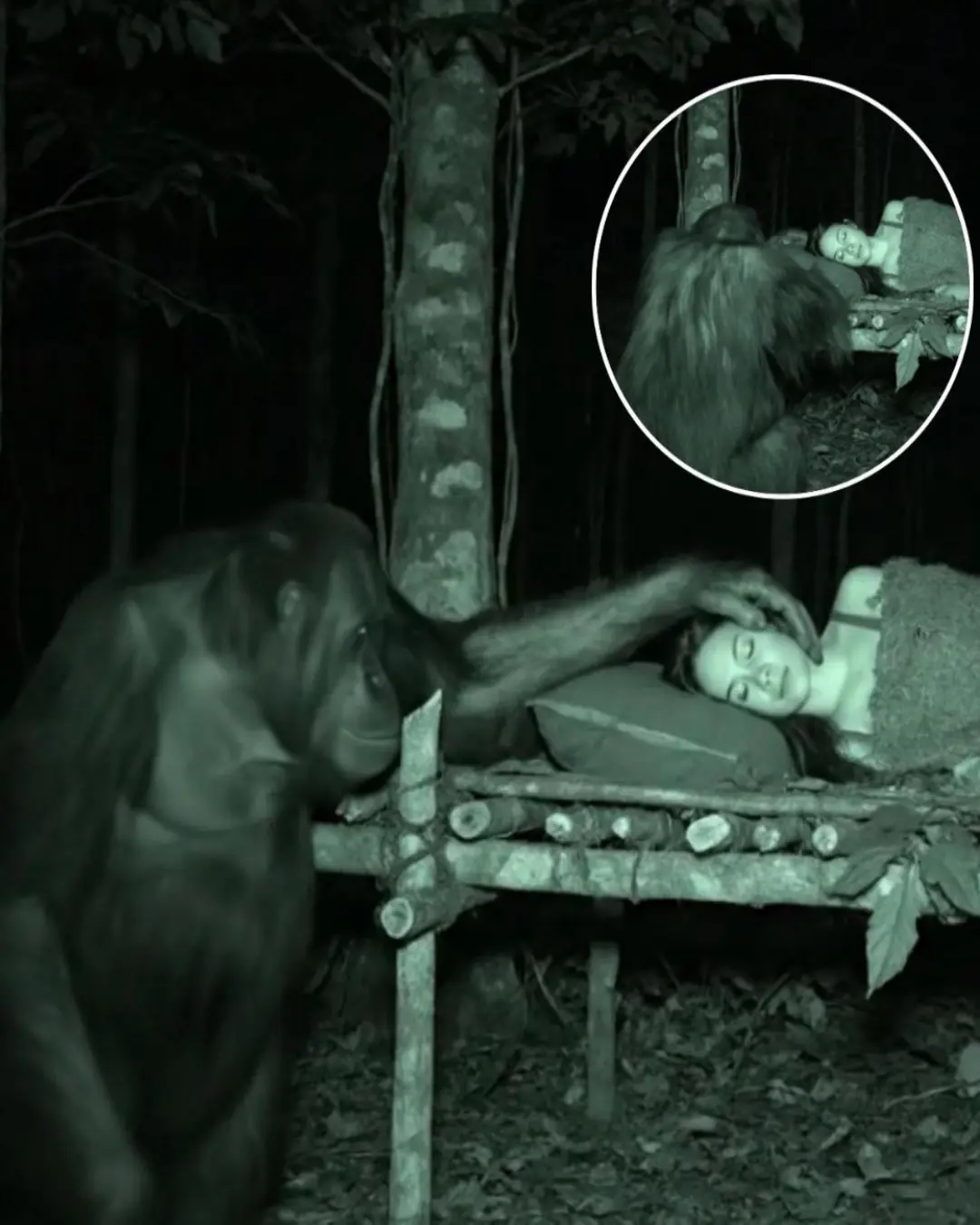
PGA Apologizes to Rory McIlroy’s Wife Erica Stoll After She Was the Target of Hecklers at the Ryder Cup
The PGA of America has formally apologized to Erica Stoll after both she and her husband, Rory McIlroy, were subjected to jeering and harassment at the Ryder Cup on September 26. The incident has sparked widespread condemnation and conversation about spectator conduct in elite golf events.:max_bytes(150000):strip_icc():focal(954x498:956x500):format(webp)/Erica-Stoll-100225-b3ea9aa6de1b491f95b445025c725e5a.jpg)
The Ryder Cup, held this year at Bethpage Black Golf Course in Farmingdale, New York, is a biennial team competition between the United States and Europe. During the event, Stoll, 38, was struck by a beer can thrown by a spectator, while both she and McIlroy, 36, endured multiple verbal insults from onlookers. At one point, the event’s emcee, Heather McMahan, joined in a chant of “F— you, Rory,” using a megaphone to amplify the refrain.
In response, the PGA stated:
“Heather has extended an apology to Rory McIlroy and Ryder Cup Europe and has stepped down from hosting the first tee of the Ryder Cup.”
On October 2, PGA President Don Rea Jr. sent a letter to PGA of America members (obtained by the Associated Press), acknowledging the incident and reaffirming the organization’s stance. In his letter, Rea admitted that although spirited fan engagement is part of the atmosphere, “some fan behavior clearly crossed the line.” He described the actions as “disrespectful, inappropriate, and not representative” of the PGA’s values, and said the organization “unequivocally condemns” them.
Meanwhile, in media interviews, PGA CEO Derek Sprague—who took office earlier this year—expressed regret and pledged better oversight in future tournaments. In a conversation with The Athletic, Sprague revealed he had conducted a detailed discussion with McIlroy’s manager, Sean O’Flaherty, and also sent a detailed email to Rory and Erica assuring them that the PGA would “do better.” “I don’t condone this type of behavior. This is not good for the game of golf … we will do better,” Sprague asserted. He confessed his disappointment in fan conduct, the first-tee environment, and the emcee’s role in the fiasco.
In his letter, Rea also confirmed that Sprague had apologized to McIlroy, Erica, and to Ryder Cup Europe.
The role and conduct of Heather McMahan have been particularly scrutinized. As emcee, she was expected to energize the audience—but instead exacerbated tensions when she echoed the chant, “F— you, Rory,” via megaphone. After backlash, McMahan stepped down from her duties. On her podcast, she later called her participation a “horrible mistake,” claiming she had not initiated the chant but regretted amplifying it, and said she felt caught up in an uncontrollable atmosphere. She also characterized the crowd as “feral” and criticized the toxic energy that overtook the event’s early proceedings.
Beyond the individual apology, the fallout has led to broader criticism of fan behavior at the Ryder Cup. The European team’s captain, Luke Donald, said the behavior had “crossed the line,” citing insults and interference while players were attempting shots. Rory McIlroy himself described the day as “really challenging,” expressing that some of the abuse he faced—particularly when it occurred mid-swing—was inappropriate. Matt Fitzpatrick, a member of the European side, publicly criticized Rea during the trophy presentation, calling his remarks “bitter” and accusing him of minimizing the severity of the abuse.
As for what lies ahead: the next Ryder Cup is scheduled for 2027 in Ireland. Sprague told The Athletic that he plans to collaborate closely with European organizers to restore the spirit of sportsmanship, integrity, and mutual respect that underpin the tournament’s legacy. He emphasized that future events must be safeguarded from hostile conduct that undermines the game’s dignity.
In sum, the abuse faced by Erica Stoll and Rory McIlroy at Bethpage Black prompted an institutional reckoning for the PGA of America. The formal apologies from Rea and Sprague, along with McMahan’s resignation and remorse, underscore the seriousness with which the organization views the matter. However, the response has also exposed fractures within the sport—between passionate fan culture and the boundary of respectful support. With eyes already turned toward 2027, all stakeholders will likely face pressure to ensure that decorum, rather than discord, defines the next Ryder Cup.
News in the same category


Jennifer Hudson Cheers on Bad Bunny’s Super Bowl Swagger — and Starts Learning Spanish Herself

Charli XCX shares cryptic video after Taylor Swift’s ‘Actually Romantic’ diss

NY authorities clamp down on liquor store openings citywide as booze demand plummets

Desperate rescue effort underway to save hundreds of hikers stuck on Mount Everest after snowstorm

Six signs you may be a functioning alcoholic according to doctor

Kelly Osbourne details the ‘most heartbreaking’ element of dad Ozzy’s ill health as family speak out in new documentary

Lionel Richie reveals savage nickname he had for Michael Jackson 'due to poor hygiene'

NASA boss reveals plans for an entire VILLAGE on the moon by 2035

Man is accidentally paid 330 times his monthly salary and quits - then wins legal battle with bosses who tried to get it back

Glen Powell Reveals He Auditioned for Glee Role — but It Went to One of His 'Best Buddies' Instead

Woman Who Says She Coined Phrase 'Girlboss Too Close to the Sun' Speaks Out About Taylor Swift Using Phrase in New Album

The Chase’s Paul Sinha on the rudest celebrity he’s ever met

Lewis Moody reveals heartbreaking MND diagnosis

Jalen Hurts Adds “Author” to Resume with Debut Children’s Book

North Yorkshire road to be hit by 200-tonne 'supergrid transformer'

Actress Marla Gibbs to Release New Memoir at 94

Grandson Surprises His 80-Year-Old Grandmother as the Pilot on Her Flight

Adorable moment lonely Kyiv lion cub finally meets brother and sister

History Made: Willow Newell Crowned First Black Miss Wisconsin
News Post

Jennifer Hudson Champions Musical Inclusivity Amid Super Bowl Language Debate

Jennifer Hudson Cheers on Bad Bunny’s Super Bowl Swagger — and Starts Learning Spanish Herself

Charli XCX shares cryptic video after Taylor Swift’s ‘Actually Romantic’ diss

NY authorities clamp down on liquor store openings citywide as booze demand plummets

Desperate rescue effort underway to save hundreds of hikers stuck on Mount Everest after snowstorm

Six signs you may be a functioning alcoholic according to doctor

Pineapple Water: A Refreshing Drink That Supports Your Health

The Silent Threat: Recognizing Early Signs of Kidney Disease and Lifestyle Prevention

A Heartwarming Encounter: A Child’s Innocence and the Power of Love.

The Stranger Who Stopped: How One Man’s Compassion Saved a Life on a Busy Georgia Road

Baking Soda (Bicarbonate of Soda): Uses and Benefits (Science Based)

A Father’s Day Gift Like No Other: A Daughter’s Kidney, A Father’s Second Chance

Benefits of Walking: Why Walking is One of the Best Forms of Exercise 🚶♀️

Maliyah’s Fight: A Fifteen-Year-Old Cheerleader Battling Stage 4 Cancer With Courage and Faith

No Cake, No Balloons: A Firefighter’s Quiet Birthday of Purpose and Service

Orangutan Secretly Watches Over Woman During Jungle Survival Challenge

“The Stranger on a Plane: How One Man’s Kindness Gave a Mother the Gift of Rest”

A Little Fighter’s Final Victory: Remembering Bryson’s 1,027-Day Battle

A Match Made in Dog Heaven: A Toddler and Her Puppy Who Share a Special Bond
